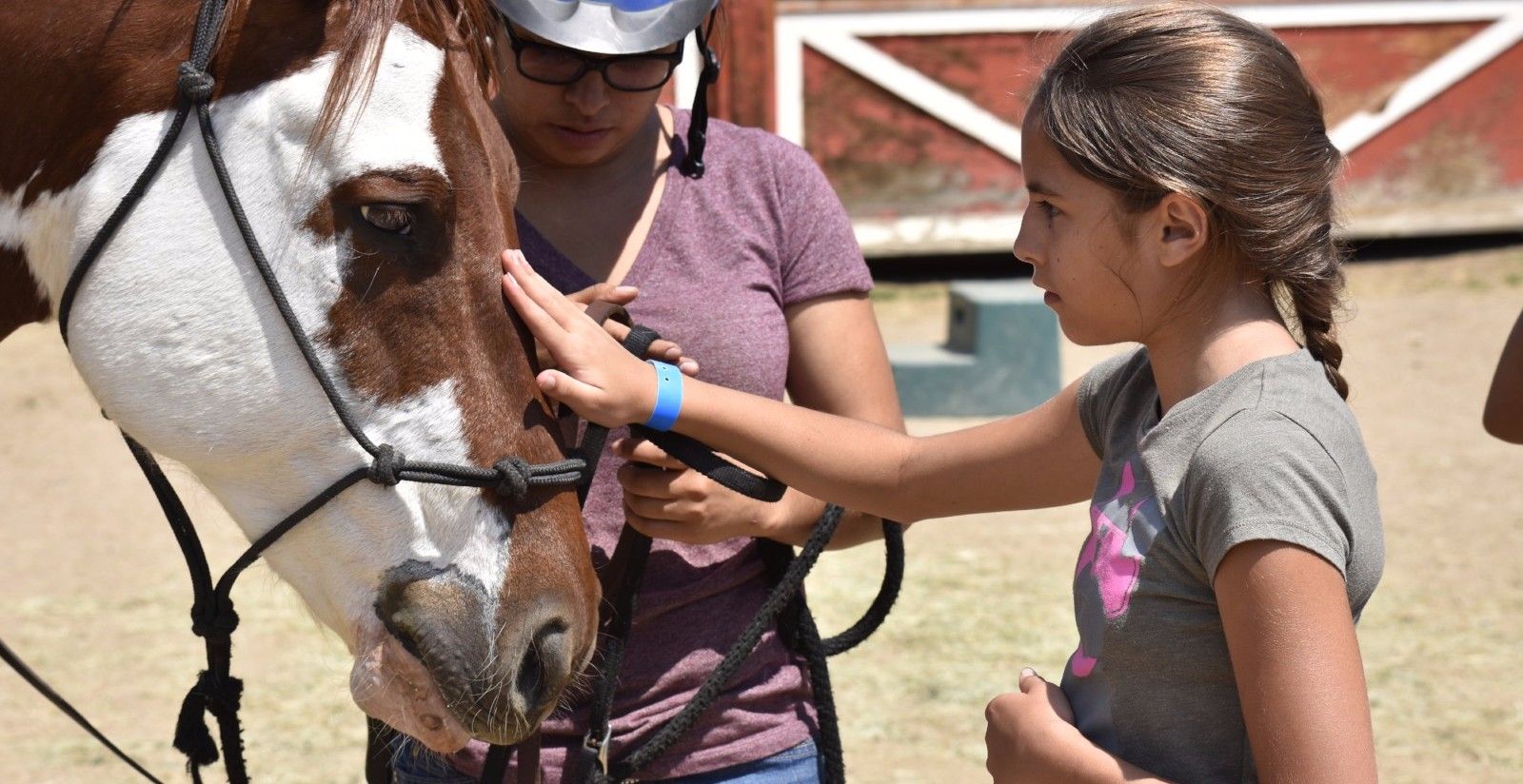Blind Camp FAQs
What is the cost of attending a camp session?
Generous donors cover the cost of meals, lodging, and activities for campers. Partner camps ask for a small application processing fee.
How do I apply for camp?
Contact the camp of your choice and either ask to receive an application or request over-the-phone assistance with completing their online application form. Be sure to confirm camp dates when applying. Click here for the full list of camps.
Is transportation covered in the camp fee?
Transportation is the responsibility of the camper and/or the camper's family. When applying for camp, ask the camp coordinator for suggestions for travel to and from camp.
Who can apply for blind camp?
These camps are for legally blind United States citizens between the ages of 9 and 65 (the age may vary by location).
How are sites selected for camps?
Each camp is scheduled at a well-equipped site, chosen especially for its standard of excellence and geographical location. Committed staff and counselors are trained to meet the needs of legally blind campers. Medical personnel are on duty 24 hours a day, and emergency care is available when needed.
What are blind camp objectives?
- Discover undeveloped potential
- Increase self-confidence
- Improve physical vigor
- Develop an appreciation for God's love and care
What is the history of blind camps at Christian Record Services?
Christian Record Services, Inc. blind camp programs began in 1967 with a single camp at Camp Kulaqua in High Springs, Florida. Partner camps are held at various locations across the United States. Since its organization, over 50,000 campers have attended these specialty camps. It is often called by our donors National Camps for Blind Children (NCBC), a name that has been associated with a bi-monthly newsletter in publication for many years.
*WHAT IS THE CLASSIFICATION "LEGALLY BLIND"?
According to the American Foundation for the Blind, "Legal blindness is a level of vision loss that has been legally defined to determine eligibility for benefits. The clinical diagnosis refers to a central visual acuity of 20/200 or less in the better eye with the best possible correction, and/or a visual field of 20 degrees or less. Often, people who are diagnosed with legal blindness still have some useable vision."


